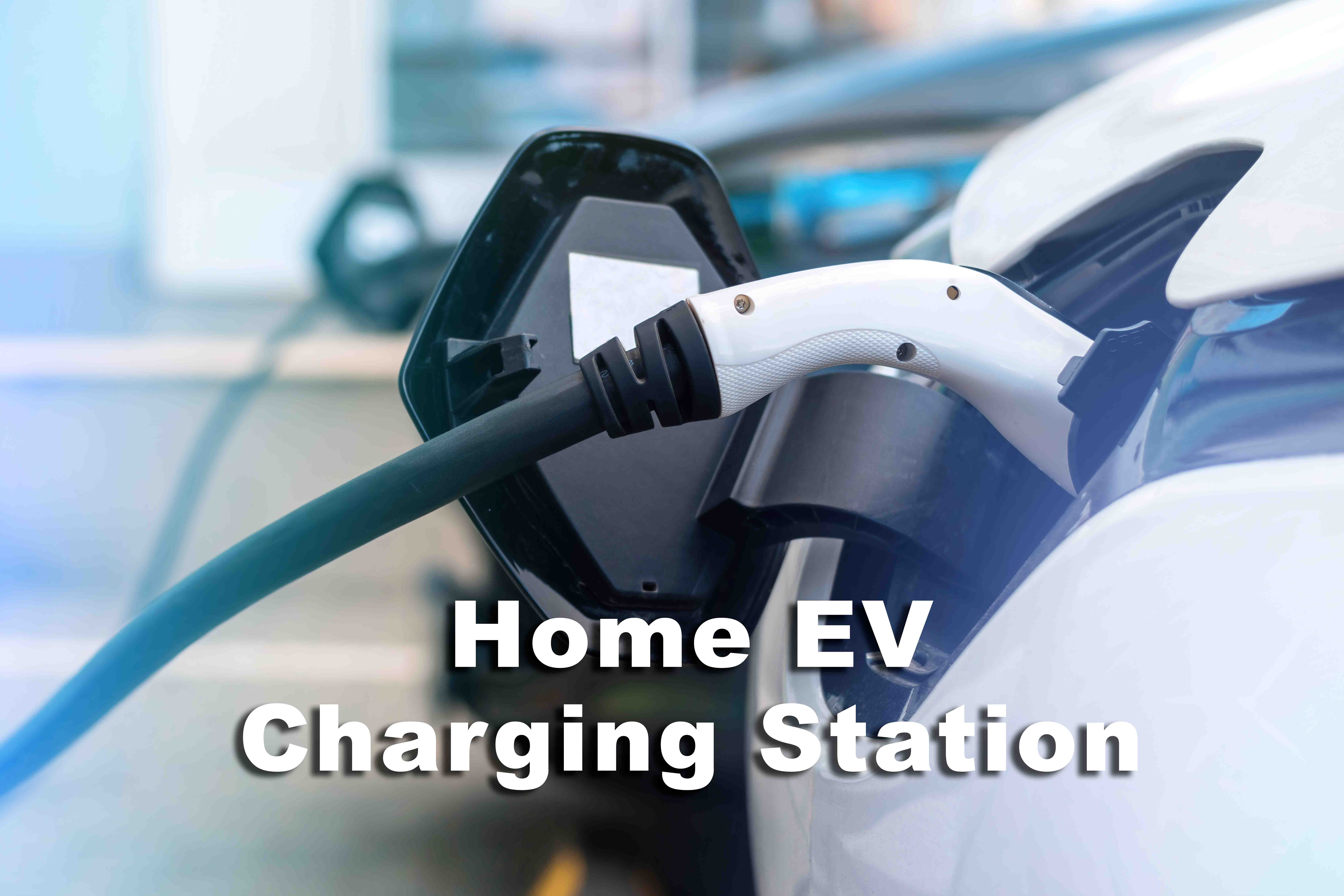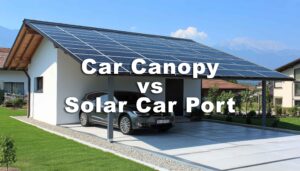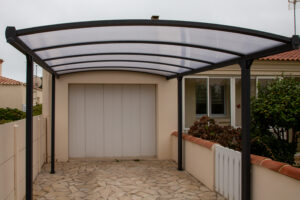As electric vehicles (EVs) gain popularity, the need for efficient home EV charging station in Ireland is paramount. Whether you’re a new EV owner or looking to upgrade your charging solution, having the right home charging system is crucial for convenience, cost savings, and sustainability. In this guide, we will walk you through everything you need to know about installing a home EV charger in Ireland.
Why Install a Home EV Charging Station?
Convenience and Flexibility
Charging your EV at home gives you complete control over your vehicle’s energy supply. Instead of relying on public charging stations, which may be inconvenient or expensive, a home EV charger allows you to charge overnight while benefiting from off-peak electricity rates.
Cost Efficiency
Charging at home is much cheaper compared to public stations. Many EV owners opt for night-time charging, taking advantage of lower energy tariffs during off-peak hours, helping you significantly cut energy costs.
SEAI Grant Eligibility
In Ireland, you can benefit from the Sustainable Energy Authority of Ireland (SEAI) home charger grant. This grant offers up to €600 for the purchase and installation of an EV charger in your home, making it a financially appealing option. We will cover more on this later.
Types of EV Chargers Available in Ireland
Level 1 Chargers (Standard Home Outlet)
Level 1 chargers are compatible with a standard household electrical outlet. However, they are slower compared to other charging options. Level 1 chargers can take up to 24 hours to fully charge an EV, making them less practical for those who drive frequently.
Level 2 Chargers (Dedicated Home Charging Station)
Level 2 chargers are the most common option for home installations in Ireland. They require a dedicated circuit but can charge an EV much faster—usually within 4-8 hours. These chargers often come with smart capabilities, allowing you to monitor and manage your energy consumption.
Level 3 Chargers (DC Fast Chargers)
Though primarily used in commercial applications, some residential homes are opting for Level 3 chargers. These chargers can recharge your vehicle in under an hour, but they require a more complex installation process and are significantly more expensive.
Choosing the Right EV Charger
Power Capacity
When selecting a home EV charger, it’s important to ensure that the device is compatible with your vehicle’s onboard charger. EVs in Ireland typically support up to 7.4 kW for home charging, but some may accept higher levels of power. Matching your charger’s power capacity to your vehicle’s limits will ensure optimal performance.
Smart Features
Modern EV chargers often come with smart features like WiFi connectivity, app control, and automatic scheduling. These features can help you track your energy usage, schedule charging during off-peak hours, and even integrate with home automation systems.
Weatherproofing and Durability
Given Ireland’s often unpredictable weather, it is critical to choose an EV charger with adequate weatherproofing if installed outdoors. Chargers should have a minimum IP54 rating to withstand rain, wind, and dust.
Future-Proofing Your Charger
As technology advances, EVs will likely support higher charging rates in the future. Investing in a more powerful charger now may save you from needing to upgrade in the coming years. Look for chargers that support 22 kW or higher if you want a future-proof installation.
Steps for Installing a Home EV Charger
Step 1: Survey and Electrical Assessment
Before installation, a qualified electrician will need to assess your home’s electrical system. This step ensures that your system can handle the additional load of an EV charger and may involve upgrading your fuse board.
Step 2: Apply for the SEAI Grant
Once your electrician has approved the installation, you can apply for the SEAI home charger grant. The SEAI grant covers up to €600 of the installation cost, reducing your upfront investment.
Step 3: Installation Process
The electrician will install a dedicated circuit for your EV charger. Most chargers require a 32-amp supply and are usually mounted on an exterior wall or inside a garage. The entire process typically takes 3-6 hours.
Step 4: Final Inspection and Certification
After installation, the electrician will carry out a final safety check to ensure that everything is working properly. They will also provide certification that the installation meets national safety standards.
How Much Does It Cost to Install a Home EV Charger?
Installation Costs
The total cost for installing a home EV charger in Ireland can range from €800 to €1,500, depending on the complexity of the installation. Most homeowners fall within the €1,000 to €1,200 range for standard Level 2 chargers.
Electricity Costs
Charging your EV at home will vary depending on your electricity tariff. Night-time rates, usually around 9-10c per kWh, are significantly lower than daytime rates, which can be around 20c per kWh.
SEAI Grant and Savings
The SEAI grant reduces your installation costs by up to €600, making it one of the most affordable ways to install a home EV charger. With the grant, most homeowners pay less than €1,000 for the installation.
Maximizing Your EV Charging Efficiency
Use Smart Charging
Smart chargers allow you to optimize when and how you charge your EV. With scheduling options, you can automatically charge during off-peak hours, cutting down your electricity bills.
Solar Power Integration
If you have a solar panel system at home, you can pair it with your EV charger to power your car with renewable energy. This not only saves on energy costs but also reduces your carbon footprint.
Regular Maintenance
Although home EV chargers are low-maintenance, it’s important to regularly check for any wear and tear, especially in outdoor installations. Keeping the charger clean and inspecting its connections will ensure its longevity and safety.
Charging Safety Tips
- Use a Certified Electrician: Always hire a certified electrician to install your EV charger.
- Regular Inspections: Have your charging equipment inspected yearly to ensure everything is functioning correctly.
- Proper Cable Management: Ensure cables are properly stored to prevent tripping hazards and damage.
SEAI Grant: How to Apply and Qualify
To qualify for the SEAI home charger grant, you must meet certain criteria:
- Own or lease an eligible EV: Only certain electric vehicles qualify for the SEAI grant.
- Residential Property: The charger must be installed in a residential property that is the main residence of the applicant.
- Use a Registered Electrician: Only a registered electrician can install the EV charger for you to qualify for the grant.
Applying for the grant is a straightforward process via the SEAI website. You will need to provide proof of vehicle ownership or lease agreement, proof of installation, and an electrician’s certificate of completion.
How long does it take to charge an electric car at home?
The time required to charge your vehicle with a Level 2 charging point depends on both the power output of the charger and the size of your vehicle’s battery. Due to these varying factors, charging times can differ.
For example, using a Level 2 11 kW charger to charge a medium-sized EV with a 65 kWh battery from 20% to 80% will typically take approximately 4 hours.
| EV Charger Level | EV Charger power output | Small electric vehicle* | Medium EV | Large EV |
| Level 1 | 2.3 kW | 11 hours 35 mins | 18 hours 51 mins | 26 hours 5 mins |
| Level 2 | 7.4 kW | 3 hours 30 mins | 5 hours 50 mins | 8 hours 5 mins |
| Level 2 | 11 kW | 2 hours 25 mins | 3 hours 55 mins | 5 hours 30 mins |
| Level 2 | 22 kW | 1 hour 5 mins | 1 hour 45 mins | 2 hours 30 mins |
Future of EV Charging in Ireland
As Ireland pushes towards its carbon reduction targets, we expect significant advancements in EV charging technology. Wireless charging, V2G (Vehicle to Grid) systems, and faster charging speeds will shape the future of how we charge our vehicles at home.
In addition, government incentives and the expansion of the national EV infrastructure will likely make home chargers even more affordable and accessible.
Conclusion
A home EV charger is a smart investment for any electric vehicle owner in Ireland. Not only does it offer convenience and cost savings, but the SEAI grant makes installation more affordable than ever. By choosing the right charger, working with certified professionals, and optimizing your charging habits, you can enjoy a seamless, efficient, and eco-friendly driving experience.




